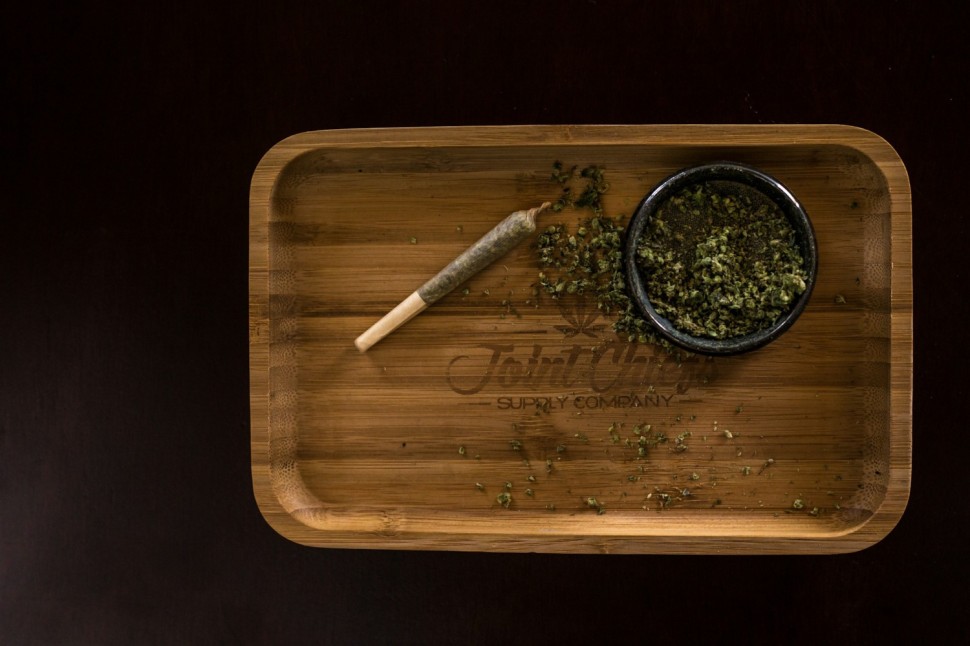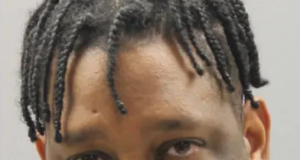Maryland Governor Wes Moore announced an unprecedented step. He ordered pardons for more than 175,000 people with marijuana convictions. The move aims to address the impact of past drug policies. It stands as the largest state-level pardon effort in the United States.

Sweeping Pardons in Maryland
Moore's executive action targets those convicted of marijuana misdemeanors. Tens of thousands will benefit, and some individuals may see more than one conviction pardoned. Moore emphasized the intention behind the action. "It is sweeping and unapologetic," he stated, marking a significant milestone in the nation's history.
These pardons will not lead to immediate jail release or automatically expunge convictions from background checks. However, they mark a crucial step in easing barriers. Barriers to housing, employment, and education often stem from these past convictions.
A Fresh Start for Thousands
Heather Warnken of the University of Baltimore praised the move. She sees it as a chance for many to start anew. The pardons offer opportunities in education and employment, free from the "stain" of a criminal record.
A Shift in Cannabis Legislation
Recreational cannabis became legal in Maryland in 2023. This followed a 2022 constitutional amendment backed by 67% of voters. Maryland thus joined 24 states and the District of Columbia in legalizing recreational cannabis use. The new laws, effective from January 1, 2023, decriminalized possession of cannabis for personal use.
Addressing Past Harms
Gov. Moore pointed out the broader implications of legalization. It does not undo the harm of past policies. "It doesn't erase the disparities Black Marylanders face," Moore reflected. He noted the stark contrast in arrest rates between Black and white Marylanders before legalization.
Shiloh Jordan shared his personal struggle. A minor cannabis conviction cost him a job. His record remained tainted despite advancing his education and securing a new role at the Center for Urban Families. Moore's announcement offers him, and many like him, relief.
Maryland Attorney General Anthony Brown supported the decision. He sees it as a step toward racial justice and equity. "It's a victory for African Americans and other Marylanders of color," he noted. These communities faced disproportionate arrests and convictions.
Details of the Pardon Process
The pardon covers over 150,000 misdemeanor convictions for simple possession and over 18,000 misdemeanors related to drug paraphernalia. The Maryland Judiciary will now work to update each affected electronic docket. The conviction will be noted as pardoned in a note. This process is anticipated to take roughly two weeks.
Additionally, the state's corrections department will develop a procedure. This will indicate a pardon on an individual's criminal record. Completion is projected in about ten months. A key point is that individuals do not need to take action to receive these pardons. A pardon differs from an expungement, as the record will still show without the associated guilt.
Through this initiative, Gov. Wes Moore and his administration seek to correct the injustices of past drug policies and open doors previously shut due to marijuana convictions. Moore's action underscores Maryland's evolving stance on cannabis and its commitment to justice and equity.




